Why Smoking Raises Your Risk of Having an Aoritic Aneurysm

The most important muscle in your body is the heart, which pumps out the blood that keeps your tissues and organs nourished every day of your life. The largest blood vessel in the circulatory system is the aorta, and although it’s highly durable, sometimes its walls weaken and bulge, a phenomenon called an aortic aneurysm. […]
Is Heart Disease In Your Genes?
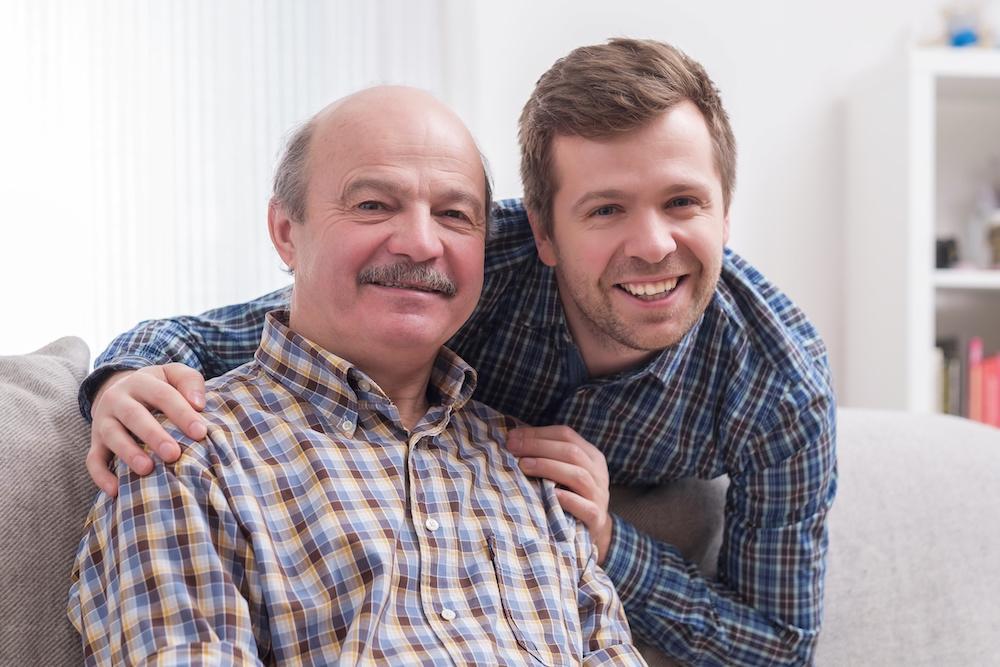
Heart disease is the leading cause of death in the United States. It has been for many years and doesn’t really show signs of being replaced. The first step in preventing heart disease is arming yourself with the facts. You should know: What heart disease is What the symptoms look and feel like Your personal […]
Learning the Difference Between Chronic Venous Insufficiency and Obstruction
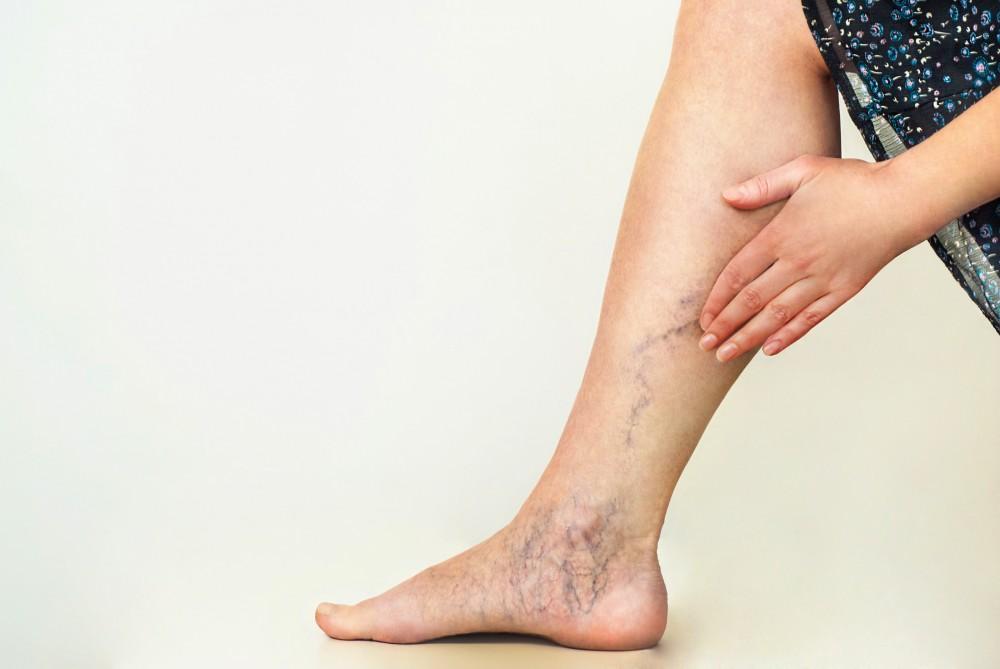
Your veins work hard to keep the blood flowing to your heart from body parts near and far. But it’s those “far” ones that have the hardest job. The veins in your legs have to deal with the extended distance from your heart and also have to work against gravity to get the blood back […]
Signs and Symptoms of Carotid Artery Disease
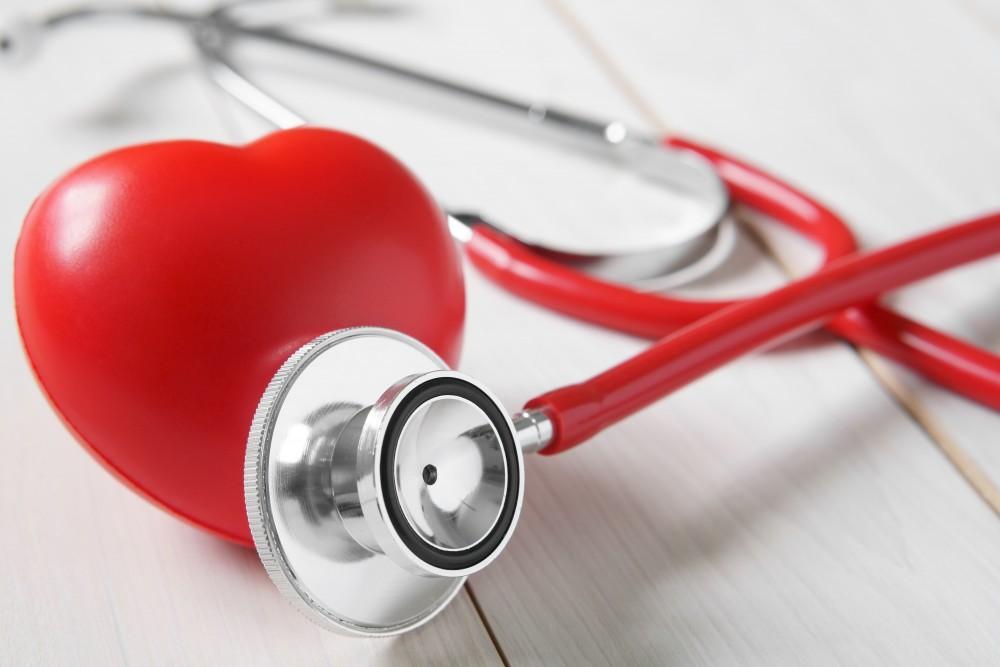
Heart attacks and strokes can be the devastating result of atherosclerosis, which is the narrowing of your arteries. Arteries are the superhighways that deliver blood and oxygen to other parts of your body, like your legs, your heart, and your brain. If that flow is clogged by a buildup of cholesterol, plaque, fat, or other […]
When Do Chest Pains Warrant a Trip to the ER?
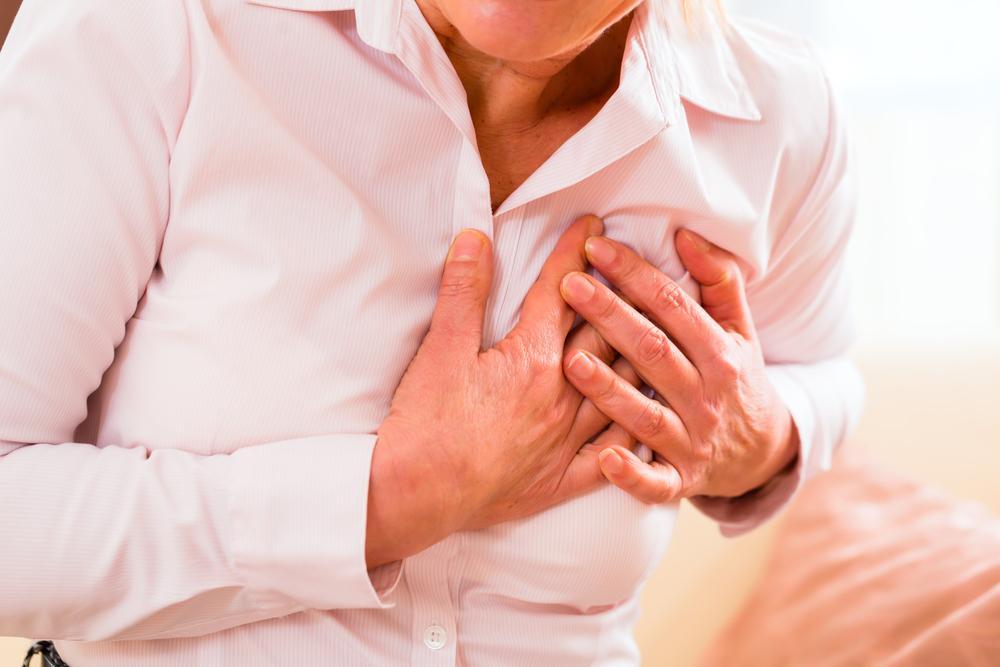
Your chest feels tight, pain is emanating from your heart, you’re certain you’re having a heart attack and need to race to the emergency room. You’re not alone. Chest pains send about seven million Americans to the ER every year, afraid that they’re about to have or are having a heart attack. While chest pain […]
Recognizing the Red Flags of Chronic Venous Insufficiency

Venous insufficiency is a condition in which your blood flow from your lower extremities back to your heart doesn’t function properly. Blood pools in your legs, putting pressure on your veins. This condition, which is sometimes caused by circulatory conditions like phlebitis and can eventually lead to serious complications like venous leg ulcers, affects as […]
Know the Signs of Atrial Fibrillation

Atrial fibrillation, also called AFib, is a form of irregular heartbeat. It occurs when the two upper chambers of your heart try to beat at different speeds and rates. Overtime, these irregular beats can cause blood clots or weakness that can eventually lead to stroke or heart failure. While that may sound frightening, there are […]
The Many Causes of Chest Pain

Have you ever experienced chest pain? If you haven’t, odds are that you know someone who has, perhaps even recently. According to the government’s National Center for Biotechnology Information, chest pain has been the second-leading cause of emergency room visits in the United States in recent years, at over 8 million per year. Worldwide, chest pain […]
The Link Between Diabetes and PAD
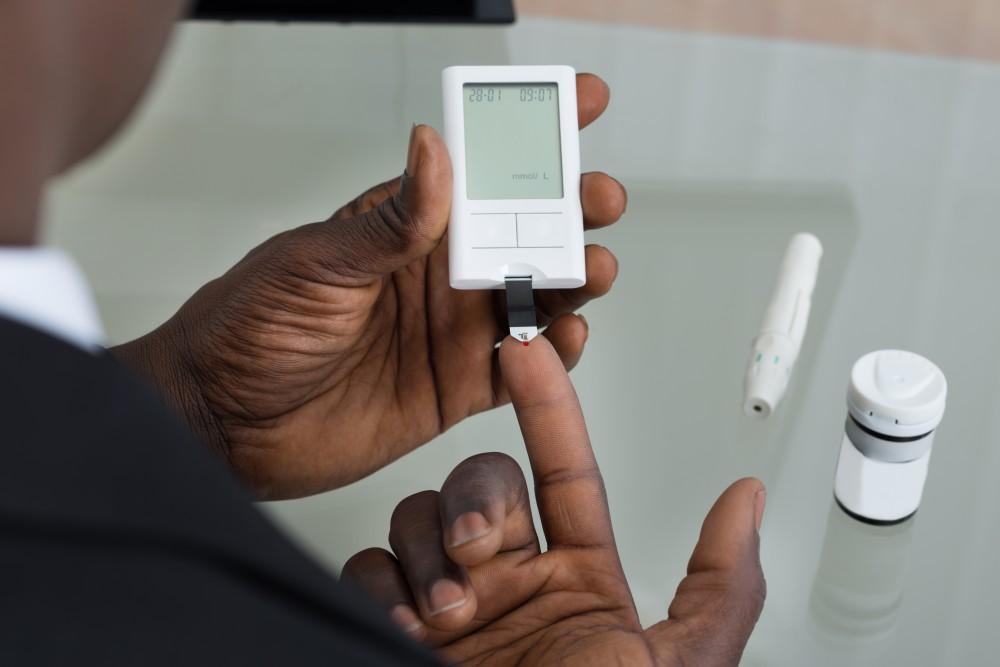
More than 30 million people suffer from vein problems each year, and more than 100 million Americans live with diabetes or its precursor, prediabetes. These numbers stand out even more when you realize that diabetes is linked to vein conditions. One of those linked conditions is peripheral artery disease (PAD), which can turn painful and serious if left untreated. […]
Here’s How Your Weight Affects Your Veins
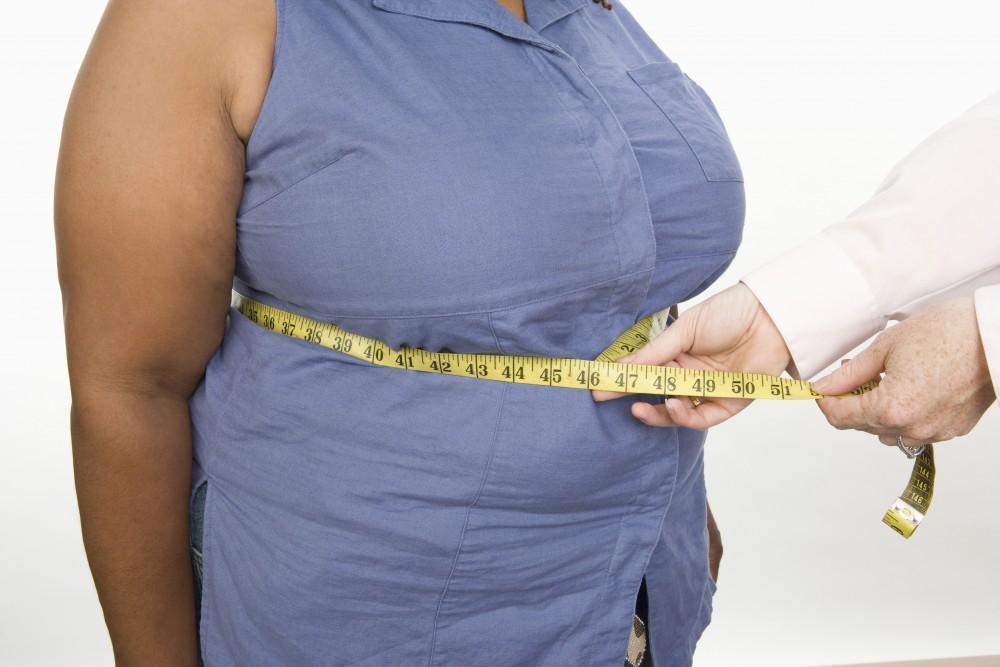
After you’ve been on your feet for a while, do your legs start aching and even burning? Are your feet and ankles swollen? These are some of the signs you may be developing vein problems. Problems in your veins, especially your leg veins, occur more often in adults over 50 years old, and more often […]

